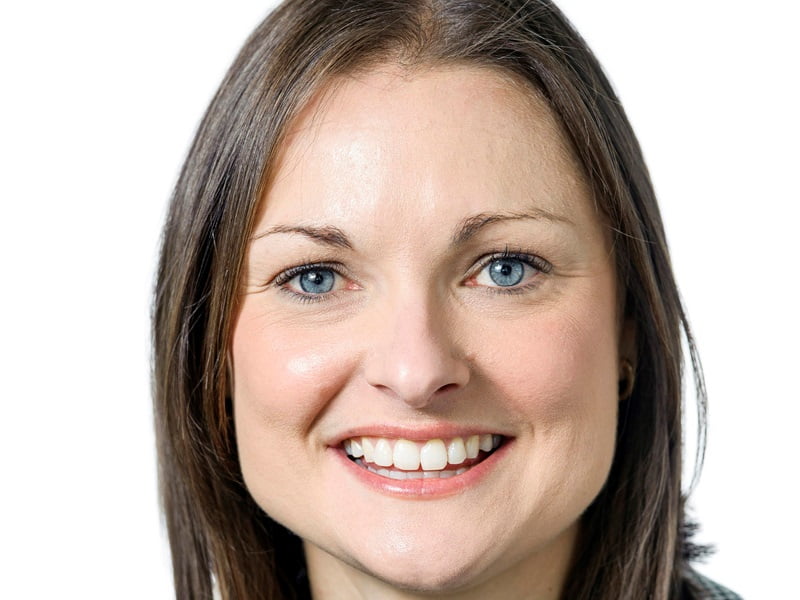Whispering life into business It’s not every day someone leaves the comfort of their full-time job to start their own business, but Dr Michelle Perugini and her husband, Dr Don Perugini, can lay claim to have done it twice now.
“It was fair to say our real passion was for startups, technology and commercialisation of deep technology was cemented after being in a large consultancy,” she said.
With a background in pharmaceutical and biomedical technology, Dr Perugini is currently the co-founder of two Adelaide-based artificial intelligence startups, Presagen and Life Whisperer.

Life Whisperer uses machine learning-driven technology to help doctors detect the most viable embryos for in-vitro fertilisation.
Meanwhile, Persagen – which was launched alongside Life Whisperer – is a two-pronged business. On one side, it delivers the rapid development and delivery of cloud-based products to help businesses automate tasks, and on the other side it also specialises in using AI for image-based medical diagnostics.
Prior to this, Dr Perugini was the co-founder of another artificial intelligence company known as ISD Analytics, which carried out accurate predictions of human behaviour of whole consumer populations. It was acquired by Ernst and Young in 2015.
Between her time as an entrepreneur and co-founder of ISD Analytics and her two latest ventures, Dr Perugini said she’s astonished by the level of support there is now for startups, compared to back then.
Adelaide, she says, has become an energetic and fertile ground for the startups and research commercialisation. In this round of her startup life, she has become an active startup mentor herself.
“It was completely different. When we started ISD, we weren’t even called a startup. It’s interesting because the culture has changed a lot. It’s a lot more common now for there to be startups,” Dr Perugini said.
“There are places to house these startups. There are core programs like accelerators and incubators.”
“There’s also support from government bodies. There are a bunch of things that are around now that weren’t around then.”
“I remember trying to find mentors and advisors for ISD and we were literally begging for people to help us. [But the feedback we got] was more a sense of ‘why the hell are you doing this, you’ve got a successful career, and why would you leave all that for this’?”
While startups get better support these days, Dr Perugini said there is still a gap for startups at the earliest stages of development, that want to grow.
“We have had a lot of discussions, but companies are generally undervalued in Australia compared to overseas like the US. There’s some risk aversion in investing, and I think there’s a culture of going by a set playbook,” she said.
“There’s not much scope or flexibility around the business model, so you really need to have stock standard business that fits the checklist of investors, and that’s the easiest way to get money.
“If it’s something slightly unconventional, or if it’s in an area that’s fast moving or not as established then it can be quite difficult because of that risk aversion culture.”
A potential knock-on effect is that it may force companies such as Presagen and Life Whisperer to look overseas for support.
“You don’t want to do that, but your hands are forced to because if you can’t get capital or you can’t get a decent valuation here, you need to go elsewhere. It’s really unfortunate,” said Dr Perugini.
She believes a mindset shift needs to happen; otherwise it may have a negative impact on the overall startup sector.
“You’re going to see companies fail because they’re just under-resourced and they can’t do things in the right way, or quickly enough. That’s a real missed opportunity for Australia,” she said.
Nonetheless, Dr Perugini acknowledges that the Adelaide startup scene has real potential to become the country’s startup and innovation hub, which she says has been born out of necessity after the city lost its manufacturing sector.
“To be honest, I think that the government views the Adelaide startup and innovative industry as what is going to prop up our [local] economy,” she said.
Life Whisperer is about three months away from completing a commercially viable model of its AI technology, after carrying a clinical study that showed there was 30 per cent improvement in helping doctors identify embryo quality.
Do you know more? Contact James Riley via Email.

